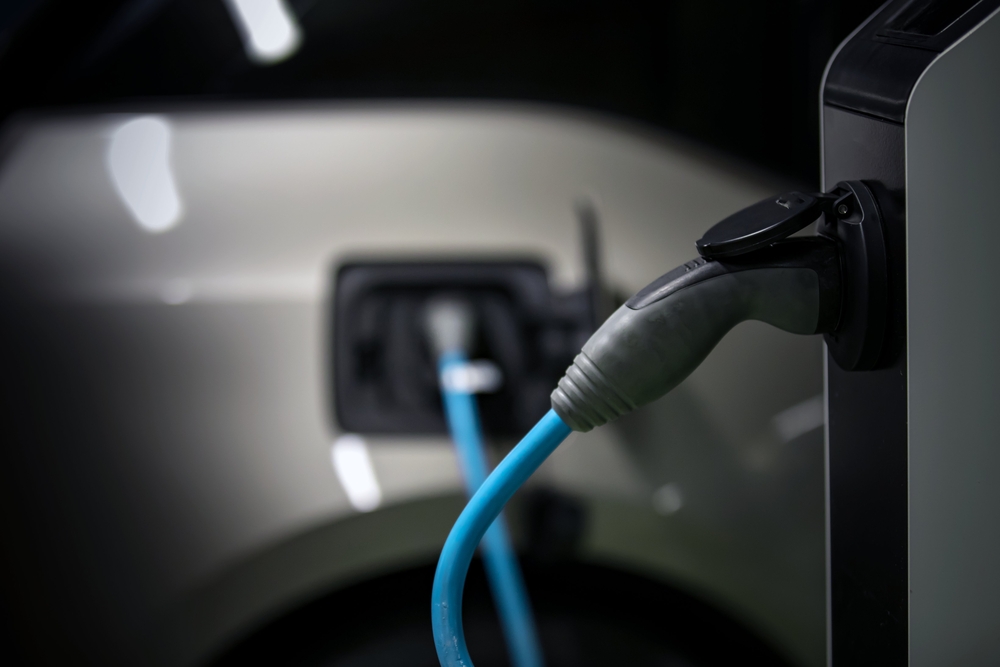
The Maryland Public Service Commission (PSC) recently approved a modified version of a five-year electric vehicle (EV) charging infrastructure pilot program proposed by four of the state’s largest electric utilities.
The program provides for the deployment of more than 5,000 total Level 2 and DC fast charging stations in the service territories of Baltimore Gas and Electric Company, Delmarva Power and Light Company, Potomac Edison and Potomac Electric Power Company.
“Maryland is taking a significant step toward expanding electric vehicle adoption and reducing our harmful tailpipe emissions with our approval of a proposal to create a statewide EV charging network,” PSC Chair Jason M. Stanek said. “Today’s decision not only ensures that charging infrastructure will support Maryland’s transition to electrified transportation but also maximizes the benefits of smart charging while minimizing cost impacts to ratepayers.”
The modified pilot programs will test a limited EV charging deployment at a reduced cost to lessen exposure by Maryland ratepayers, the commission noted. Some of the costs of the proposed charging infrastructure do not fall on ratepayers. The proposed rebate incentives will supplement other state and local programs.
The commission’s order supports coordination with existing state programs and agencies to avoid duplication and promote efficiencies. The PSC also directed the utilities to seek recovery of EV charging program costs in future base rate case proceedings.
The order allows the utilities to provide rebates to customers for the costs of charger with smart functionality. The four utilities must develop an EV time-of-use (TOU) rate design as part of the residential rebate offerings. The proposed rebate incentive programs also target apartments and condominiums.
The public chargers must be located at property leased, owned or occupied by a unit of state, county or municipal government for public use. The decision requires that the utilities establish a new and separate rate class to include the approximately 900 public EV charging stations so that customers who use them are covering part of the costs.
Each utility must implement plans to assess the performance of the pilot programs, provide progress reports to the PSC every six months and participate in mid-course and final reviews in hearings before the commission.
Maryland has set goals of 300,000 zero-emission electric vehicles on roadways in the state by 2025 and a reduction in greenhouse gas emissions of 40 percent from 2006 levels by 2030.